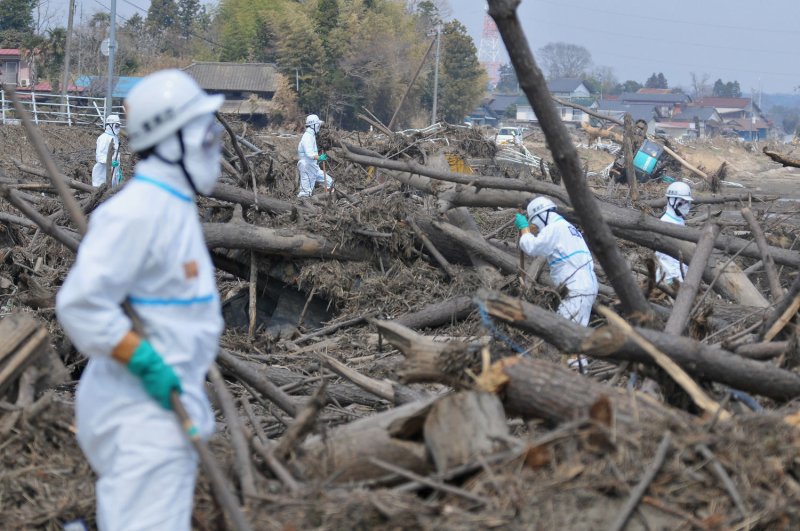FUKUSHIMA, Japan, Nov. 17 (UPI) -- Japanese officials found a high level of radioactive cesium in rice from one farm, prompting a ban on rice shipments from the Onami district of Fukushima.
Thursday's ban was the first ban on rice shipments since the devastating nuclear crisis triggered by the March 11 earthquake and tsunami, The Japan Times reported.















